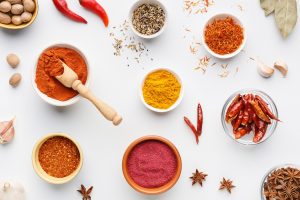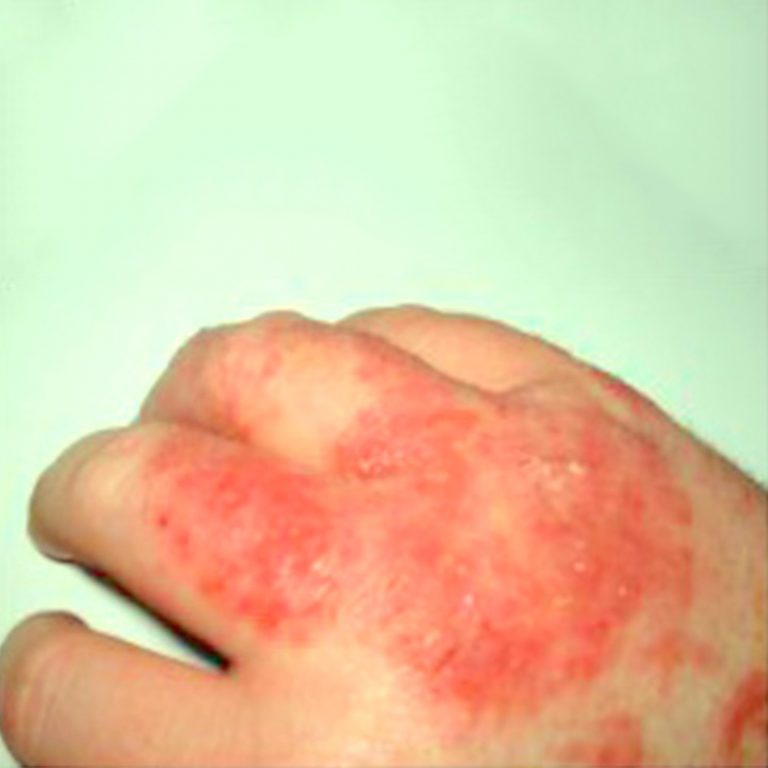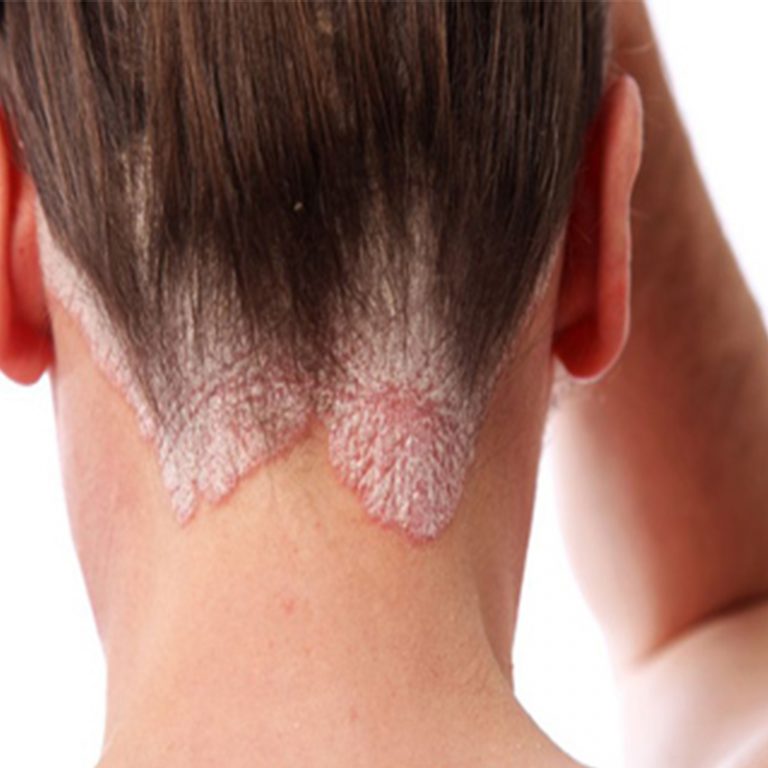Ayurvedic Remedies for Cough and Cold (That You Didn’t Know)
It isn’t uncommon for people to Google-search Ayurvedic remedies for a particular condition, believing that the resultwill suit them and be effective. They then take the remedy without consulting a professional, only to wonder why the remedy has not worked as they had hoped, and why additional symptoms may have cropped up.

The reason behind this is that Ayurveda does not provide ‘one fits all’ remedies that are equally effective for every single person. This is a fact that I find I have to repeat often, as the majority of Westerners still cannot think about medicine in holistic terms.
When it comes to cough and cold remedies, Ayurveda will do just that: look into the patient holistically by examining their body type and how their external symptoms are expressed; Is it a common cold or virus? Is the cough dry or productive (with phlegm)? Does the individual have chronic conditions like asthma or sinusitis, or is it an acute cold? These must all be investigated prior to a remedy being prescribed.
But what are these Ayurvedic remedies? And how are they prescribed and customised according to the patient?
Cough and Cold According to Ayurveda
To understand how a cough or cold is viewed and remedied by Ayurveda, you will have to first get acquainted with this basic principles of this 5,000-year-old ancient healing science.
Ayurveda primarilylooks at the patient’s body type or constitution, known as thedosha, to gain deeper insight into the cause behind the problem at hand. The doshas represent the elements: air, earth, fire, water and ether. When these elements are in balance, the individual is of optimal health.
Thedoshas arereflected:
- In the body type we were born with (some people may have more than one dosha).
- In varying quantitiesand ratios throughout our constitution, changing depending on life circumstance, the weather/environment, diet, and one’spsychology.

Specifically, the doshas are:
Vata = air
Pitta = fire
Kapha = water and earth
When it comes to a cough or cold, the culprit is more often than not an indication of Kapha aggravation, as Kapha is responsible for excessive mucus production (water element). A dry cough, however, may signal the opposite — a Kapha depletion or Vata aggravation. A chronic condition, like asthma or sinusitis may also imply another cause (i.e anxiety or allergies) which may, in and of itself, indicate a different dosha imbalance. This is why an Ayurvedic practitioner must always be consulted and self-diagnosis should be avoided.
Even if you’ve consulted an Ayurvedic practitioner in the past, your dosha ratios may have changed over the years, which will warrant another visit. Using the same remedy you were prescribed years ago may have little to no effect this time around (and may even aggravate other conditions).
Ayurveda is, as you can tell, an intricate science founded on holistic principles, customized medicine, and thorough investigation. But what are the actual medicines prescribed to those suffering from a cold or cough?
Q&A: Ayurvedic Medicine for Cough and Cold
- What Ayurvedic medicine can I take for a cold?
AnyAyurvedic cold medicine must be tailored to your dosha while taking your medical history into account. This may include medicinal decoctions, dietary plans, nasal irrigantion, and any other lifestyle tweaks the Ayurvedic practitioner might suggest.

A “cold” is an umbrella term. It can manifest in various parts of the body and through various symptoms. The more your Ayurvedic practitioner knows about the cold’s localization and expression, the easier it will be to determine the right medicine.
2. What is the best Ayurvedic remedy for a head cold?

A head cold can be due to many things: from sitting in a cold draught and leaving your head unprotected, to nasal congestion (sinus headache) and excessive nose-blowing. Knowing the root cause of your head cold is key to pinpointing the right remedy.
You may have heard of spices being quite effective in cold and cough relief. Indeed, adding spices to your meals and drinks is a popular prescription, as it will increase your Pitta levels (a very common treatment when treating a Kapha aggravation). However, your tolerance of those spices will need to be factored into the prescription.
Some of the most commonly prescribed spices for head colds are:
- Chilli (for the strongest effect, but not all body types can tolerate it)
- Ginger (for a medium effect, which most body types can tolerate)
- Cinnamon (a milder medicine for a broad-spectrum, systemic effect)
But do not attempt to self-diagnose simply based on your tolerance levels. An Ayurvedic practitioner must be contacted first.

3. Can Turmeric cure a cough? How does it work?
Turmeric is highly effective for both cough and cold relief. This herbaceous plant is known for its anti-inflammatory properties thanks to the flavonoid curcumin, which stimulates the liver and ups blood circulation. This in turn increases Pitta levels, while decreasing Kapha and Vata, which is exactly what you need to ward off a cold or cough.
Turmeric may be prescribed as a tea or milk, as an addition to your cooked meals, or as a stronger decoction.
4. Which tea is the best for cough relief?

The best teas for a cough or cold relief, according to Ayurveda, are:
- Ginger
- Peppermint
- Lemongrass
- Turmeric
- Cinnamon
- Black pepper
- Honey with salt
- Tulsi
- Bay leaf
- Lavender
- Liquorice
- Adusa
As always, it is best to consult us at our Yatan Holistic Ayurvedic Centre for advice on the suitable dosage and potency, as a too strong tea might wreak havoc on your system. Contrarily, you may require a stronger treatment in the form of a decoction.
5. Can dieting help relieve a cold?
Sometimes, a diet is a good idea when dealing with a cough or cold — not so much in the form of restricting the amount of food you eat, but mostly as healthier eating options and lifestyle changes to boost your immunity and respiratory system, inhibit mucus production, and speed up recovery.
If you seek Ayurvedic treatment for cough and cold in Sydney, our consultants will tailor a dietary plan designed specifically for you and your body type after a thorough examination. But more often than not you will be asked to:
- Eliminate dairy products (except for milk with spices)
- Eliminate or cut down on white flour
- Drink plenty of warm to lukewarm liquids
- Eat plenty of vegetables, particularly in salads or soups
- Avoid cold and freezing foods and liquids
- Avoid sugar and processed foods and drinks
6. Can exercise help a cold or cough?

Exercise may be the last thing on your mind when you’re sick, especially if you’re running a temperature or coughing excessively. I recommend you always consult your health advisor prior to undertaking any kind of exercise when you’re ill.
However, if your condition isn’t severe and you are dealing with a non-wheezing cough, you can always try some Yoga exercisedesigned toopen the airways, increase oxygen levels, and boost your lung capacity, such as:
- Paschimottanasana (Seated Forward Bend pose)
- Uttanasana (Standing Forward Bend pose)
- Kapalbhati Pranayama (‘Shining Skull’ breathing)
- BhastrikaPranayama (‘Bellows Breath’)
- SuryaBhedi Pranayama (Alternate Nostril Breathing)
If you don’t know how to do these poses, you can always consult the Yatan Yoga Bookfor instructions and beginner-friendly guidance.
Conclusion
Cough and cold remedies exist in abundance in the Ayurvedic system. As long as your body type (dosha) is known and the root cause is determined, an Ayurvedic practitioner can tailor a treatment plan customised just for you.
Ayurveda provides cough and cold remedies for each dosha type. Ranging from strong to mild, the medicine of choice must be prescribed to you by an Ayurvedic practitioner for optimal results and safety purposes. The prescription may include a decoction, dietary recommendations, nasal irrigation, lifestyle changes, even exercise like Yoga.
Disclaimer: This article is not intended to substitute medical advice. All information and resources referenced, including medicinal preparations, fitness, dietary and lifestyle recommendations, are based on the opinion of the author. Please consult a medical practitioner if you require advice or are experiencing any worrisome symptoms.
Are you suffering from cold symptoms? Do you have an acute or chronic cough? Contact us today for a phone consultation or book an appointment online.

*Discover holistic healing with a complimentary phone or video consultation from our expert Ayurvedic practitioner. Start your path to better health today!*





















